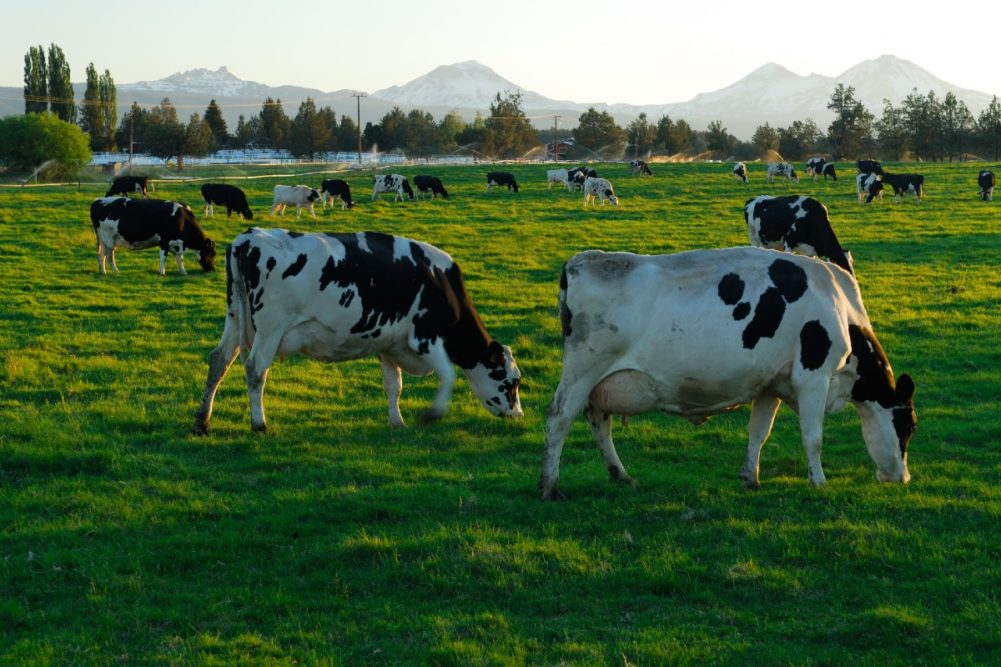WASHINGTON – In the government agencies’ latest update on highly pathogenic avian influenza (HPAI) detected in dairy cattle herds, the US Department of Agriculture (USDA), Food and Drug Administration (FDA) and Centers for Disease Control and Prevention (CDC) said they are continuing to investigate the illnesses. USDA said the illness has been detected in five states.
Per USDA, there continues to be no concerns about the safety of the commercial milk supply and there is not a risk to consumer health, as dairies are required to only send milk from healthy animals to processors and products are pasteurized before entering the market.
The FDA recommended dairy companies should not manufacture or sell raw milk or raw/unpasteurized milk cheese products made with milk from cows showing symptoms of illness. The FDA also said it is not aware of any milk or food product from symptomatic cows entering the consumer market.
On March 25, the agencies confirmed HPAI detection in two dairy herds in Texas and two dairy herds in Kansas. Since then, the USDA National Veterinary Services Laboratories (NVSL) confirmed the presence of HPAI in a Michigan dairy herd that recently received cows from Texas. USDA also shared that presumptive positive tests were received from herds in New Mexico, Idaho and Texas.
While the Nebraska Department of Agriculture (NDA) said as of April 1, there were no reported HPAI detections in Nebraska dairy cattle or other livestock, NDA issued an importation order that went into effect immediately.
NDA said all breeding female dairy cattle entering Nebraska must be accompanied by a permit issued by NDA prior to entry. NDA said the order will be in place until April 30 and will be re-evaluated at that time.
The USDA said dairy cows with HPAI have displayed decreased lactation, low appetite and other symptoms. The agencies are working with veterinary and public health officials at the state level on the matter.
USDA also shared that federal and state agencies are conducting tests with swabs used to collect samples from sick animals and in unpasteurized clinical milk samples from sick animals. The agency said viral genome sequencing also is a part of the investigation, so it can be determined “whether HPAI or another unrelated illness may be underlying any symptoms.”
Based on observations made in the Michigan case, USDA said spread of symptoms among that herd indicates HPAI transmission between cattle can’t be ruled out.
NVSL reported that the virus strain found in Michigan is “very similar” to the strain confirmed in Texas and Kansas, with migratory birds appearing to be the source.

